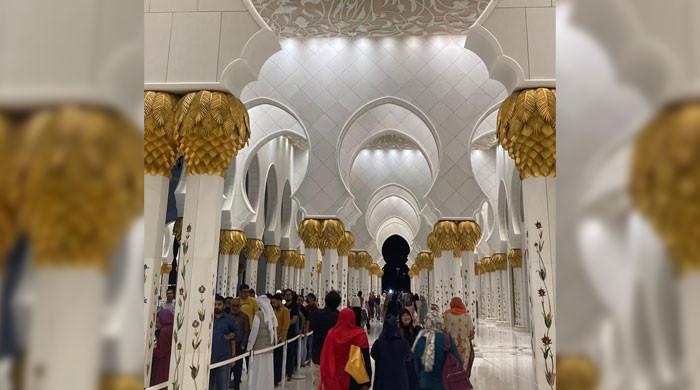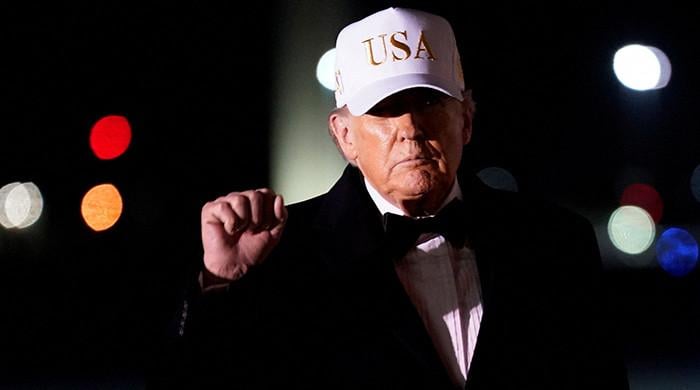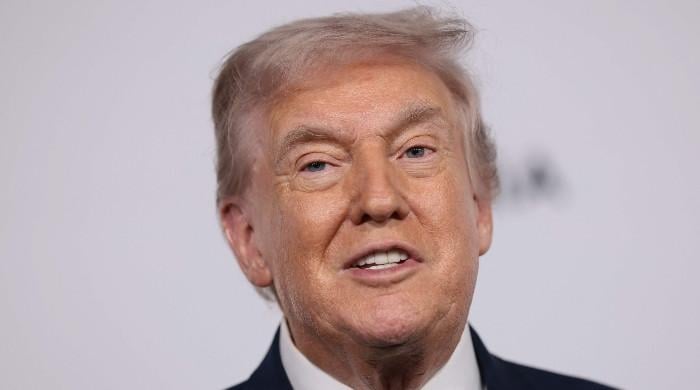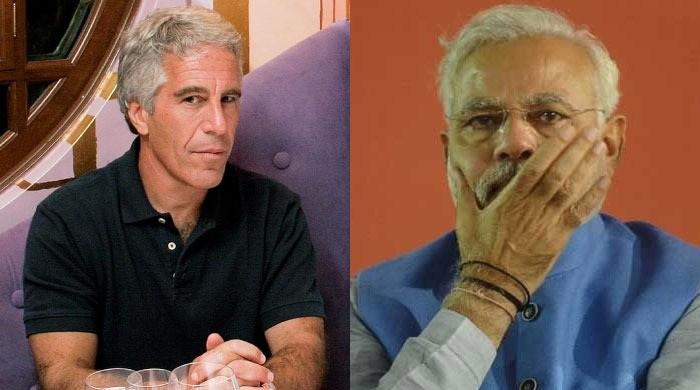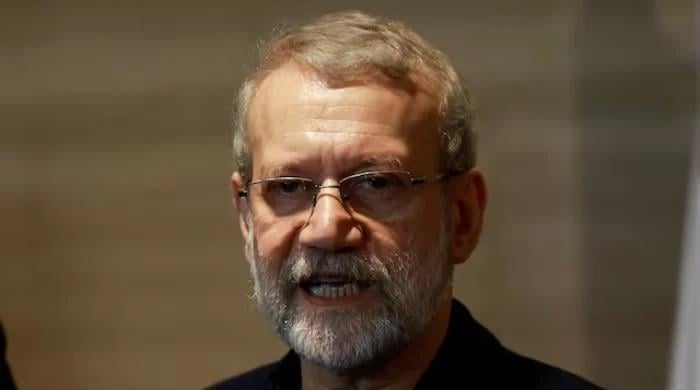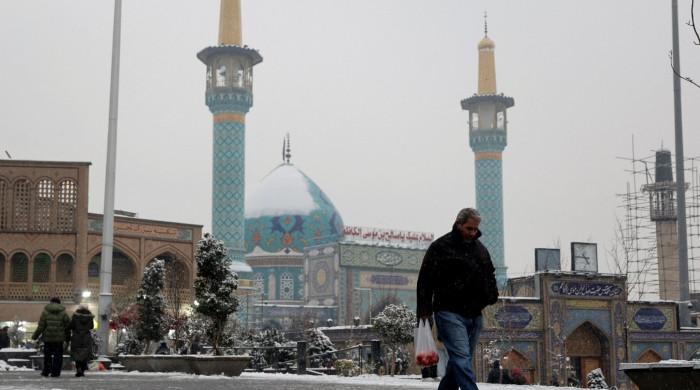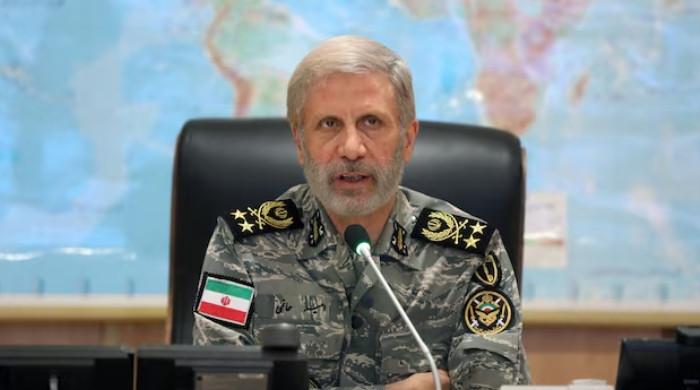'Credible evidence' linking Saudi crown prince to Khashoggi murder: UN expert
There's 'credible evidence' that links Saudi crown prince to Khashoggi's murder, UN special rapporteur Agnes Callamard said
June 19, 2019
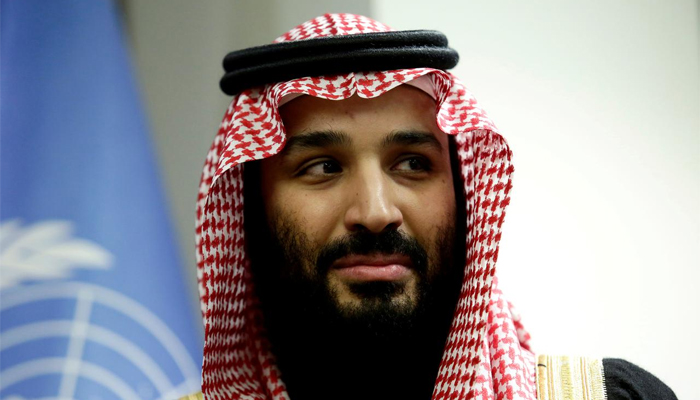
There is "credible evidence" linking Saudi Arabia's Crown Prince Mohammed bin Salman to the killing of Saudi journalist Jamal Khashoggi last October, an independent UN rights expert said Wednesday, calling for an international investigation.
In a fresh report, the UN's special rapporteur on extrajudicial, summary or arbitrary executions, Agnes Callamard, said she had "determined that there is credible evidence, warranting further investigation of high-level Saudi Officials’ individual liability, including the Crown Prince's."
The report stressed that "no conclusion is made as to guilt. The only conclusion made is that there is credible evidence meriting further investigation, by a proper authority, as to whether the threshold of criminal responsibility has been met."
Callamard said, for instance, she had found evidence that "Khashoggi was himself fully aware of the powers held by the Crown Prince, and fearful of him".
Khashoggi, a Washington Post contributor and critic of Saudi Crown Prince Mohammed bin Salman, was murdered at the Saudi consulate in Istanbul on October 2.
Riyadh initially said it had no knowledge of his fate but later blamed the murder on rogue agents.
Saudi prosecutors have absolved the crown prince and said around two dozen people implicated in the murder are in custody, with death penalties sought against five men.
Callamard has been conducting what she has described as "an independent human rights inquiry" into Khashoggi's death.
UN special rapporteurs are also independent and do not speak for the world body.
'Joints will be separated'
Moments before Khashoggi was killed and dismembered last October, two of his suspected murderers lay in wait at the kingdom’s Istanbul consulate and fretted about the task at hand, according to the UN's report.
Will it “be possible to put the trunk in a bag?” asked Maher Mutreb, a Saudi intelligence officer who worked for a senior advisor to Saudi crown prince, according to the report.
“No. Too heavy,” responded Salah al-Tubaigy, a forensic doctor from the Interior Ministry who would dismember and dispose of the body. He expressed hope his task would “be easy”.
Tubaigy continued: “Joints will be separated. It is not a problem. The body is heavy. First time I cut on the ground.
"If we take plastic bags and cut it into pieces, it will be finished. We will wrap each of them.”
At the end of the exchange with Tubaigy, Mutreb asks if “the sacrificial lamb” has arrived. At no point is Khashoggi’s name mentioned but two minutes later, he enters the building.
Text message
Khashoggi is ushered to the consul general’s office on the second floor where he meets Mutreb, whom he knew from when they worked together at the Saudi Embassy in London years earlier.
Mutreb tells Khashoggi to send his son a mobile text message.
“What should I say? See you soon? I can’t say kidnapping,” Khashoggi responds.
“Cut it short,” comes the reply. “Take off your jacket.”
“How could this happen in an embassy?” Khashoggi says. “I will not write anything.”
“Type it, Mr. Jamal. Hurry up. Help us so that we can help you because, at the end, we will take you back to Saudi Arabia and, if you don’t help us, you know what will happen at the end; let this issue find a good end,” Mutreb says.
The report says the rest of the recordings contain sounds of movement, heavy panting, and plastic sheets being wrapped, which Turkish intelligence concluded came after Khashoggi’s death as Saudi officials dismembered his body.
Mutreb and 10 others are now standing trial in closed hearings in Saudi Arabia for their role in the crime.
The report, which calls for Crown Prince Mohammed bin Salman and other senior Saudi officials to be investigated over their liability for Khashoggi’s death, relies on recordings and forensic work conducted by Turkish investigators and information from the trials of the suspects in Saudi Arabia.
The report concludes that his murder was deliberate and premeditated. The CIA and some Western countries believe the crown prince ordered the killing, which Saudi officials deny.
Criminal investigation
In Wednesday's report, she said she found that the probes conducted so far by Saudi Arabia and Turkey had "failed to meet international standards regarding the investigation into unlawful deaths."
She urged UN Secretary-General Antonio Guterres to launch an official international criminal investigation into the case, which she said would make it possible to "build-up strong files on each of the alleged perpetrators and identify mechanisms for formal accountability, such as an ad hoc or hybrid tribunal."
She also called on the Federal Bureau of Investigation (FBI) in the United States — where Khashoggi was a resident — to open an investigation into the case if it has not already done so "and pursue criminal prosecutions within the United States, as appropriate".
For her investigation, Callamard said that, among other things, she had viewed CCTV footage from inside the consulate of the killing itself.
The report identified by name the 15 people she said were part of the mission to kill Khashoggi and suggested that many of them were not on the list of 11 unnamed suspects facing a closed-door trial over the murder.
Wednesday's report also found that there was evidence that "Saudi Arabia deliberately used consular immunity to stall Turkey’s investigations until the crime scene could be thoroughly cleaned."
"In view of my concerns regarding the fairness of the trial of the 11 suspects in Saudi Arabia, I call for the suspension of the trial," she said in the report.
'Baseless allegations'
Saudi Arabia’s minister of state for foreign affairs, Adel al-Jubeir, rejected the investigator’s report as “nothing new”.
He added in a tweet: “The report of the rapporteur in the human rights council contains clear contradictions and baseless allegations which challenge its credibility.”





